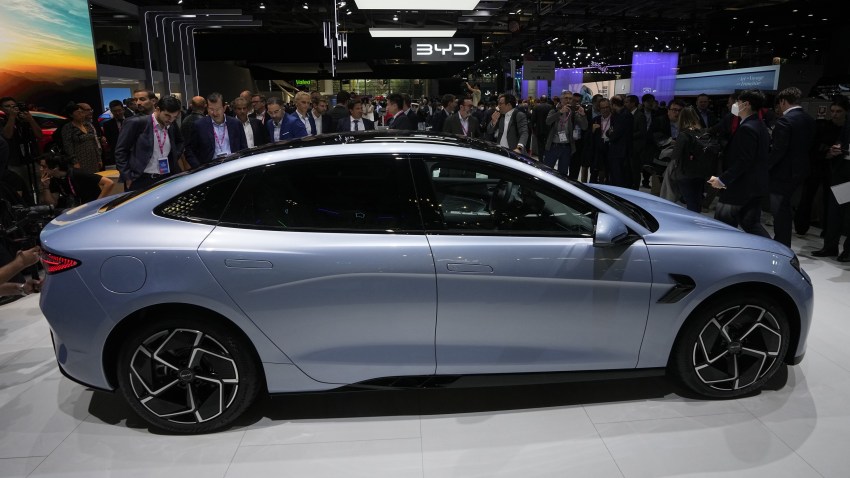The European Union and China concluded their first in-person summit since 2019 this week, with European Commission President Ursula von der Leyen and European Council President Charles Michel traveling to Beijing to meet with Chinese President Xi Jinping and Premier Li Qiang. Front and center at the summit were two issues: EU-China trade imbalances and China’s continued support for Russia despite its invasion of Ukraine.
While the latter has fundamentally shifted Europe’s view of China, it was the economic issues that dominated the discussions at the summit. The EU complained vociferously about the yawning gap in trade flows, with von der Leyen calling the EU’s $400 billion trade deficit with China “unsustainable.” Von der Leyen had already announced an anti-subsidy investigation into Chinese electric vehicle, or EV, batteries in October. But the question of Chinese subsidies is only the tip of the iceberg when it comes to the two sides’ conflicting ideologies and competition over the green energy revolution in the automotive industry.
Unsurprisingly, little progress was made at the summit, for the simple reason that the two sides’ positions are ultimately irreconcilable.

